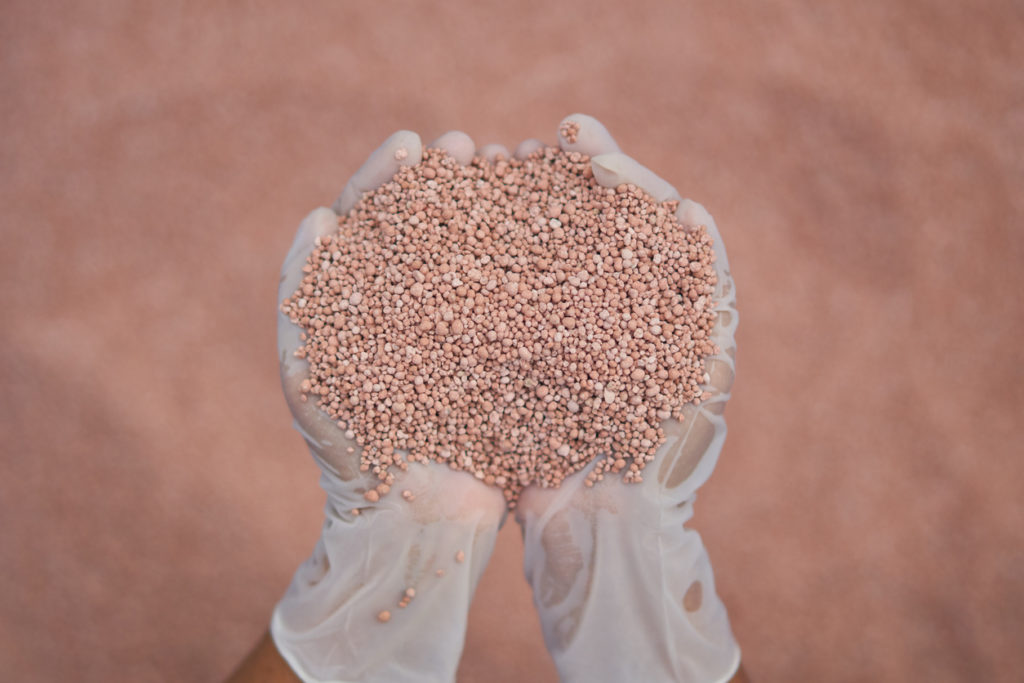Compounded by Russia’s invasion of Ukraine, market trends have seen about 42% of the global potash market has been impacted.
“While potash from Russia is quietly making its way out to markets, only about 30% of prior volumes are making its way out of landlocked Belarus. When the war started, potash prices for delivery in Brazil – one of the world’s most important agricultural export markets – quadrupled to the US$1,200 per tonne level,” Simpson says.
While prices have come down to about $500 per tonne today, Simpson says 2023 will not likely bring relief to a growing global food shortage, as many expect food inflation and rising prices to continue to put our food security at risk. He also notes that given the ongoing turmoil in Russia impacting neighbouring Belarus, more than 15 million tonnes of expected new production would probably not come online since those projects won’t likely secure funding because of the heightened risk.
“This sets up the market to remain tighter for longer,” the CEO says.
The future of global food security is uncertain, but potash producers will play an essential role in helping to ensure that everyone has access to nutritious food. With the Autazes potash project, Brazil Potash is paving the way to a more secure and sustainable agricultural future for Brazil, Simpson says.
Brazil Potash’s Autazes project is near Manaus, in the northern Amazonas State. The project is expected to produce potash using an environmentally friendly method of extracting the crop nutrient potassium chloride from the ground while doubling twice the current Brazilian production and changing the domestic potash market in Brazil.

